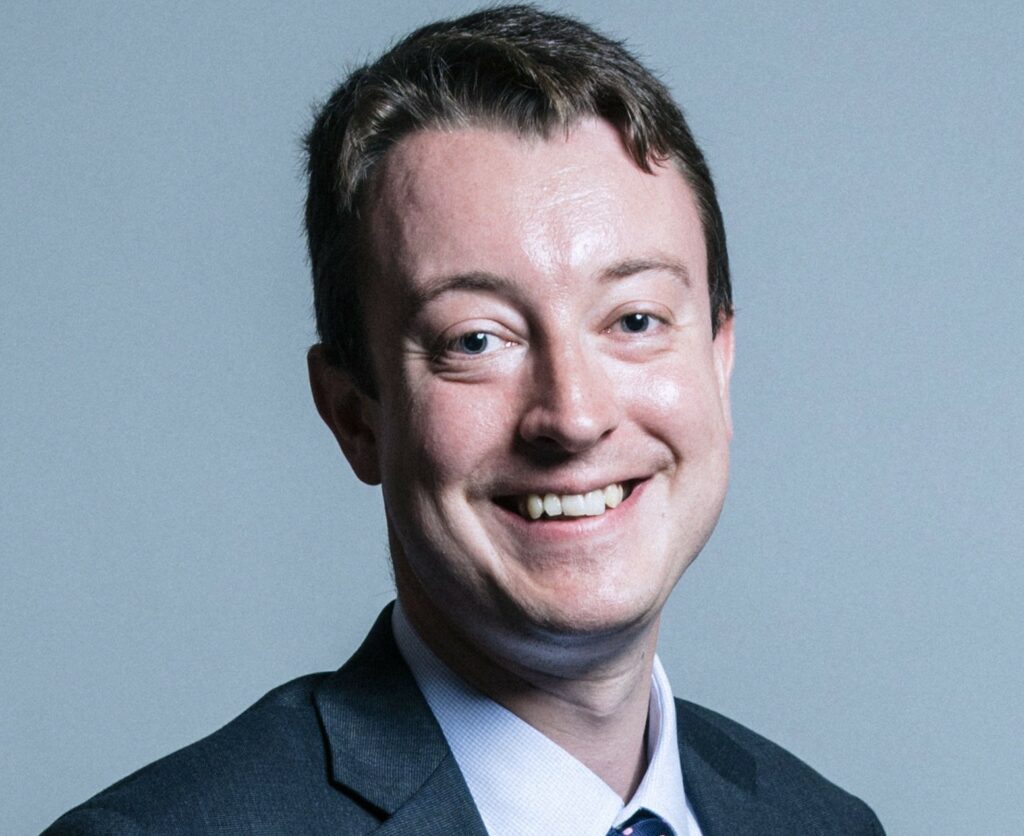The Committee on Climate Change (CCC) is urging HM Treasury to ensure net zero is funded fairly, revealing it will publish its advice on the sixth carbon budget earlier than expected.
In a letter officially welcoming Simon Clarke, who was appointed Exchequer Secretary to the Treasury on 27 July 2019, the CCC set out its expectations for the recently-announced comprehensive Treasury review into how the transition to a net zero society can be fairly funded.
The letter, written by Lord Deben, chair of the CCC, says that the review will be “crucial in ensuring a successful transition”.
“The key challenge is how the required changes, near-term and long-term, can be funded in a way that distributes costs fairly. My Committee’s view is that this must be a priority consideration in public spending decisions. The review should therefore be a key input to next year’s spending review and budget, as well as setting the longer-term direction for policy.”
It also outlines the CCC’s plans to publish its advice on the sixth carbon budget in September 2020, three months earlier than required by the Climate Change Act.
The sixth carbon budget will set out a path to net zero, the letter says, being the first carbon budget to be set into law following that commitment.
“My hope is that this date will be useful to government in informing the Treasury review, ahead of the Glasgow COP26 summit. We would be happy to engage with you and your officials and provide early insights and outputs from our analysis.”
The letter reiterates the changes the CCC say must happen for the UK to reach net zero by 2050. These include; large-scale roll-out of energy efficiency and low-carbon heating, strategic decisions on the roles of hydrogen and electrification, growth in the EV market, increases in low-carbon electricity, development of carbon capture and storage, changes in lifestyles and planting more trees.
In order to make these changes a new regime for public funding will be needed, to ensure costs are fairly spread and do not have a negative impact on those most vulnerable in society.
“Crucial to this will be a distribution of costs that is fair, and is also perceived to be fair, so that changes can proceed rapidly with support from society. The example of the ‘gilets jaunes’ protests in France is evidence of the importance of getting this right.”
To ensure this, the Treasury review must “plan for funding decarbonisation and, most importantly, review the distribution of costs for businesses, households and the Exchequer”.
The letter calls on Clarke to ensure that the review includes “concrete proposals for action and funding over the next five to ten years, or at least be accompanied by a spending review or budget which does the same”.
This is along with support for demonstration projects, and clear investable propositions that will help the Exchequer bring in the required volume of capital at a low cost.
It also highlights the short-term nature of the policy needed, as it should not bind future governments but simply set out principles. The focus should be on facilitating change in the next five to ten years.
In order to ensure that the energy transition is fair, the review should include where the costs and benefits of the transition will fall, the impact on jobs, and monitor its progress.
Financing the UK’s shift to net zero has been a cause of concern for the government and industry in the last few months, with competing claims as to the overall cost from the CCC and the Department of Business, Energy and Industrial Strategy (BEIS). This was compounded by the very limited funding presented in the Spending Round for 2019 in September, which was widely condemned.
Clarity in the funding and policy framework for net zero is desperately needed, as was repeatedly highlighted during sitting of the BEIS Select Committee. The lack of clear policy provided by the government is currently holding back progression.
In July, the CCC also condemned the lack of progression made, with Lord Deben saying “it’s time for the Government to show it takes its responsibilities seriously. Reducing emissions to net zero by 2050, requires real action by Government now”.
Clarke is MP for Middlesbrough South and East Cleveland, and was elected to the House of Commons in 2017.





